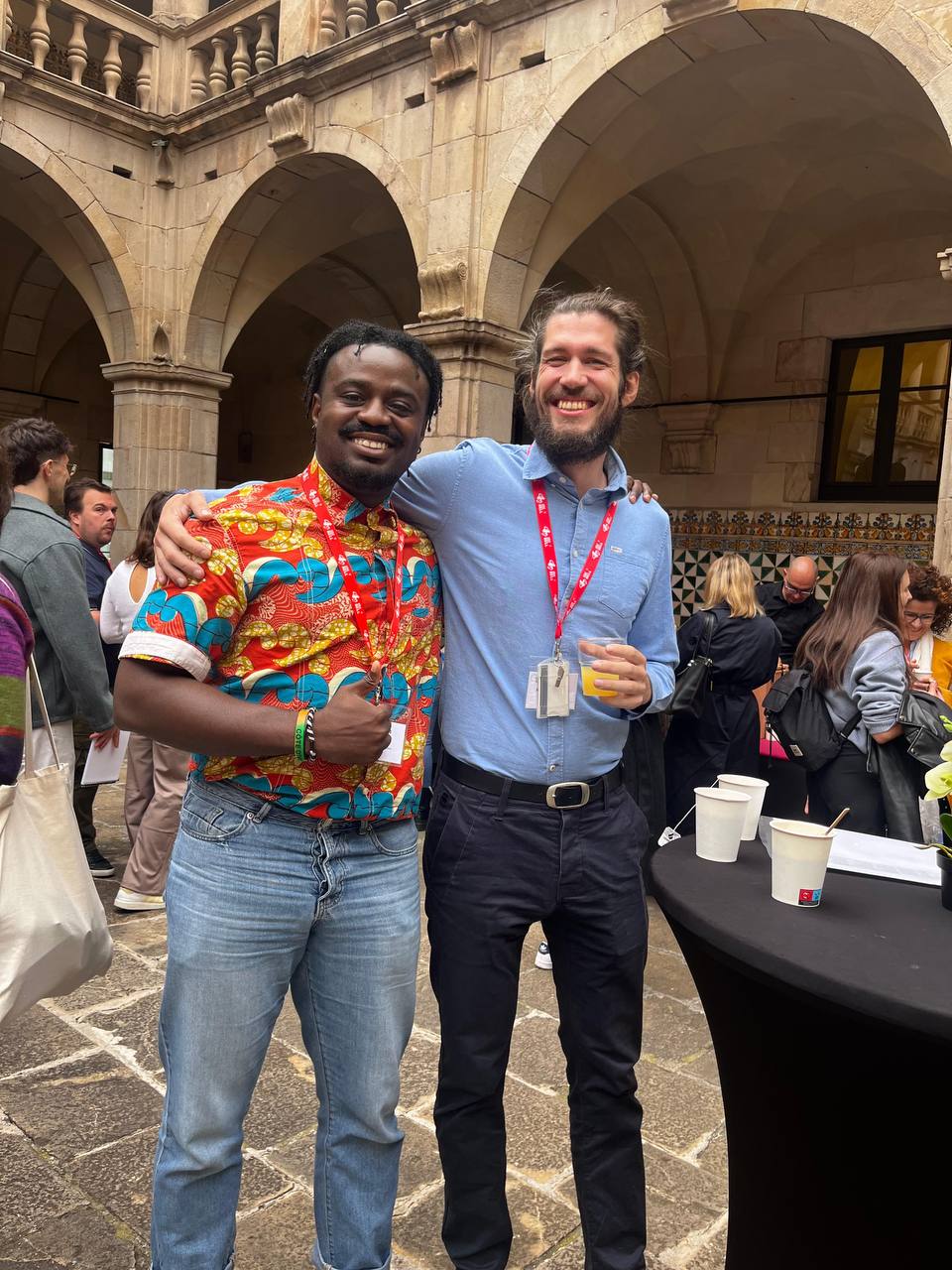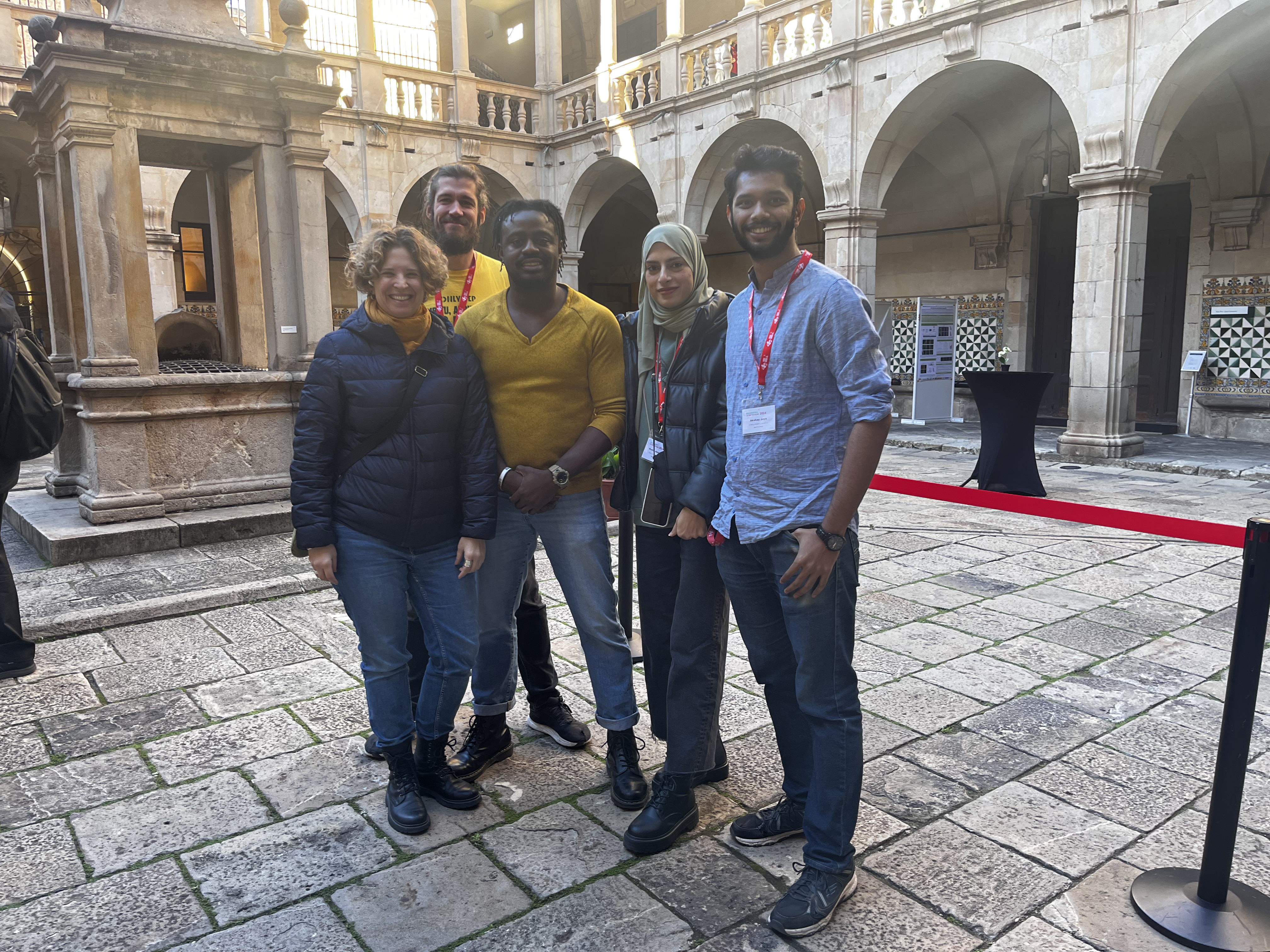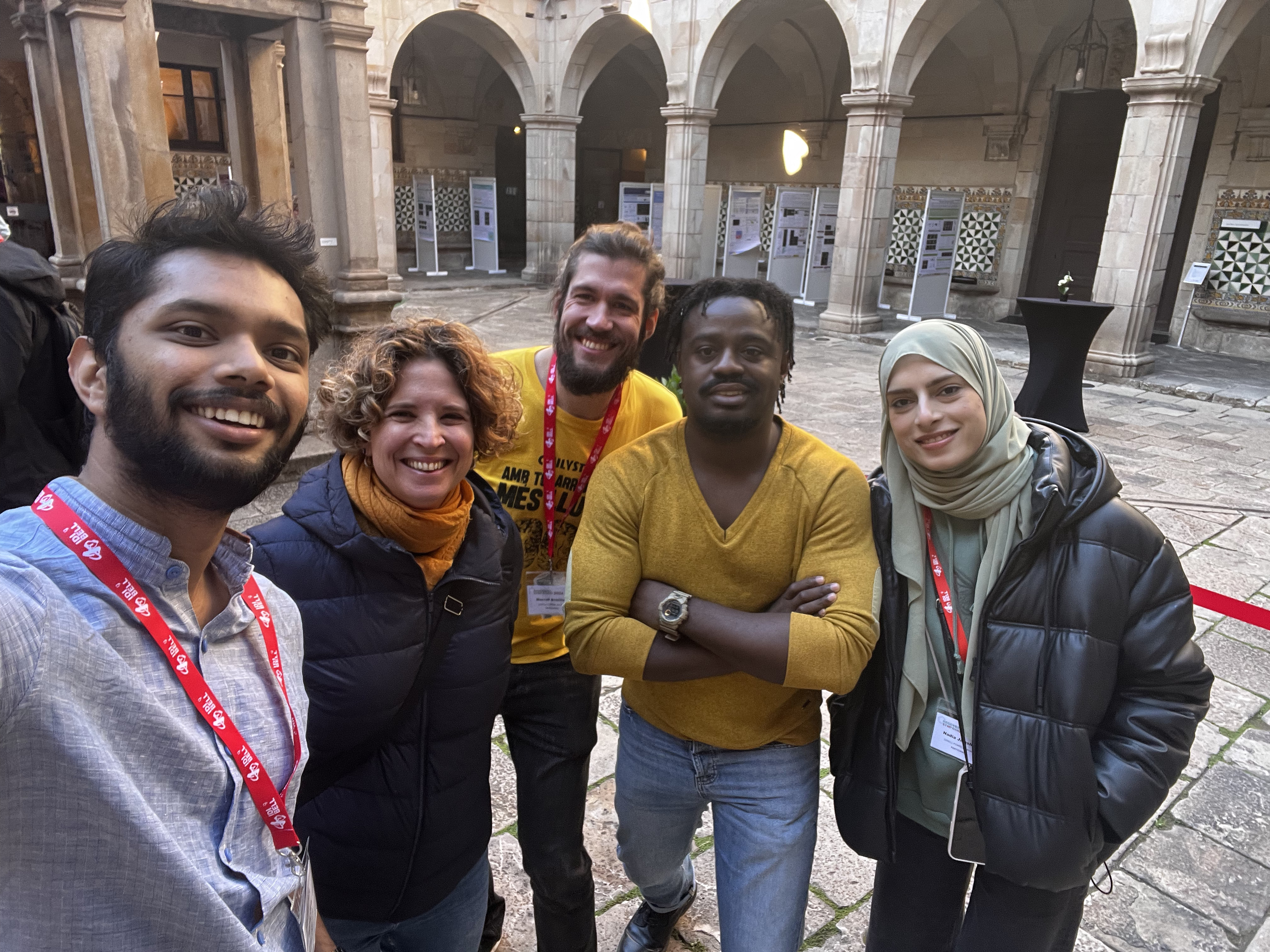Abstract
Alzheimer’s Disease (AD) is the most common cause of dementia. Alterations in RNA-binding protein (RBP) abundance and mRNA isoform have been implicated in AD. However, whether these changes are consequential or potentially causative of the onset of AD remains unknown. To identify potential early AD-linked alterations, we screened for changes in gene and isoform expression in scRNA-seq data of cells derived from iPSCs from AD patients and controls. The isoform-level quantification and downstream statistical analyses we performed using SCALPEL, a new tool developed for that purpose in our lab. We analyzed more than 60,000 cells from six donors at five time points of neural differentiation. We identified all expected major cell types, including stem cells, neural progenitor cells, neurons, and astrocytes amongst the 24 broad cell types identified based on the isoformresolution data obtained with SCALPEL. Differential expression analyses comparing AD and control derived cells revealed multiple cell-type specific alterations including several genes previously associated to AD, such as TTR, ERBB4 and FAM162A. Furthermore, we found RBPs like HNRNPA2B1 and ELAVL4 to change expression between AD and control cells. Comparing the isoform-usage of individual genes, we identified cell-type specific changes in hundreds of genes. In conclusion, we identified cell-type specific transcriptomic alterations in iPSC-derived cells from sporadic AD patients. The affected genes are linked to RNA metabolisms and neuronal projection morphogenesis, suggesting that these alterations may contribute to early molecular changes associated to AD. Together, our work highlights the importance of RBPs and RNA metabolism in AD and suggests a more prominent role of RNA processing in early AD pathogenesis.
After my oral presentation at the first edition of this local symposium, I got the chance to share an update of our progress at the second edition. I enjoyed the talks and the socializing and am thankful for having been kept very busy during the poster sessions and for the feedback and suggestions I received for the final steps of this project.
Thanks to the organizers (and sponsors) for making this happen for free!


